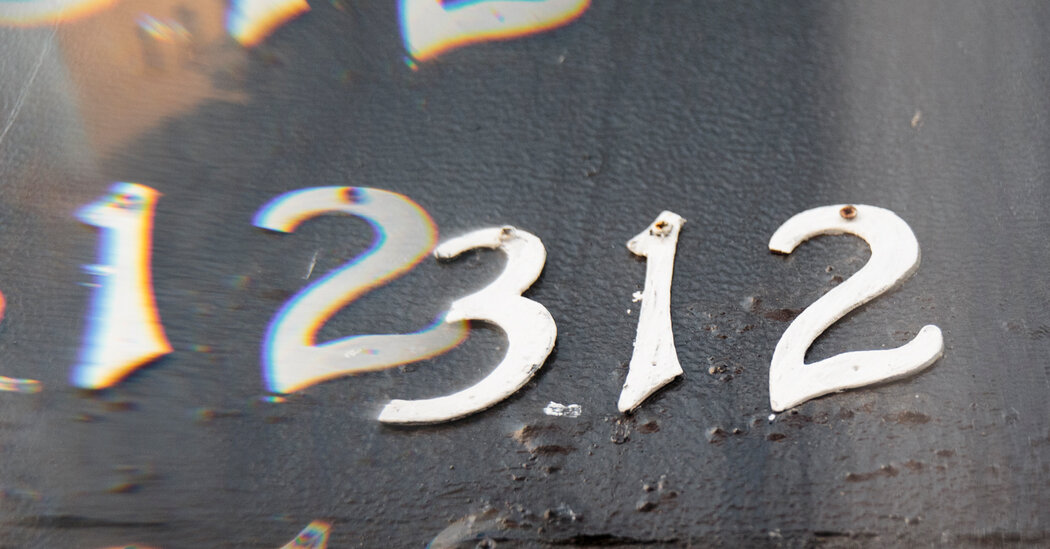
He was sent home in late May. But his troubles followed — namely, smoking crack and calling 911, albeit both relatively sparingly. It is unclear whether there is a link between the two. Using cocaine is likely to promote acting upon one’s urges, but Mr. Reed’s haunting delusions about 312 Riverside have crested during periods of sobriety, too.
There is no magic pill to stop calling 911. Mr. Reed has been medicated to stabilize his anxieties in recent months, with signs of success. His surest path to being released from the court system is to show continued abstinence from drugs and 911 calls.
In court hearings, judges reminded him of the importance of self-control. He promised to comply.
A week or so after he was sent home, on June 6, just after midnight, a dispatcher answered a call about an assault in progress. In a hotel at 312 Riverside Drive.
Then, one day this summer, Mr. Reed accidentally broke his phone.
While this was a relief to the 911 system, it brought Mr. Reed new hardships. His lawyers had a far more difficult time reaching him. He missed court-mandated appointments with counselors, perhaps because he was not aware of them or could not call to reschedule. In August, he missed an appointment in Harlem where he was to be given a new phone.
At a hearing in August, the judge, Ruth Pickholz, who has overseen Mr. Reed’s case for years, voiced her displeasure and urged him to get a new phone.
“Nobody wants this, but if it continues like this, if you’re not going, we’re going to have to remand you to jail,” Judge Pickholz said. “I’m going to issue a bench warrant for your arrest. I don’t want to do that, but I will.”




